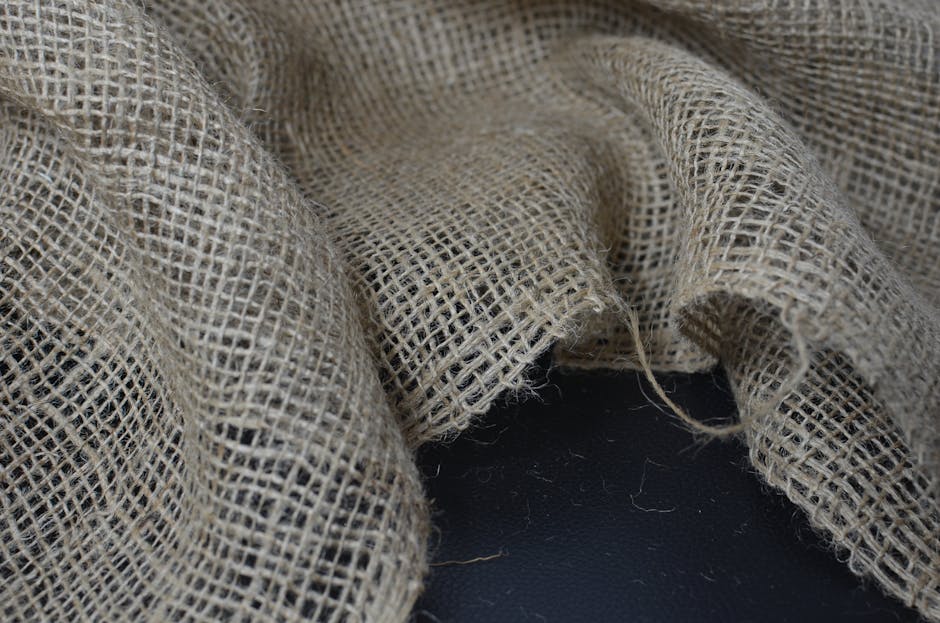How to Reduce Inflammation Naturally
Welcome to our comprehensive guide on how to reduce inflammation naturally. Inflammation is the body’s natural response to injury or illness, but chronic inflammation can lead to various health issues, including heart disease, diabetes, and autoimmune disorders. In this article, we’ll explore the science behind inflammation, how it affects our bodies, and most importantly, natural ways to reduce inflammation without relying on medication. Let’s delve into this fascinating topic and discover the secrets to a healthier, inflammation-free life.
The Science of Inflammation

Inflammation is a part of the body’s immune response. When our bodies detect an injury or infection, the immune system triggers a cascade of events to protect against harmful invaders. This process involves the release of chemicals and white blood cells to the affected area, resulting in redness, swelling, heat, and pain – classic signs of inflammation. While acute inflammation is necessary for healing, chronic inflammation can become a silent killer, contributing to various diseases.
Effects of Chronic Inflammation

Chronic inflammation has been linked to a host of health problems, including arthritis, asthma, heart disease, cancer, and Alzheimer’s disease. Inflammation can damage healthy cells and tissues, leading to a breakdown of the body’s natural defenses. It can also exacerbate existing conditions and increase the risk of developing new ones. Therefore, it’s crucial to address inflammation proactively to safeguard our health and well-being.
Causes of Inflammation

Several factors can contribute to chronic inflammation, including poor diet, lack of exercise, stress, smoking, and environmental toxins. Consuming processed foods high in sugar, trans fats, and refined carbs can trigger inflammation in the body. In contrast, a diet rich in fruits, vegetables, whole grains, and healthy fats can help reduce inflammation naturally. Additionally, regular physical activity, stress management techniques, and avoiding tobacco smoke can all play a role in combating inflammation.
Natural Anti-Inflammatory Foods

One of the most effective ways to reduce inflammation naturally is through diet. Certain foods have been shown to have powerful anti-inflammatory properties, helping to combat chronic inflammation and promote overall health. Some of the best anti-inflammatory foods include:
- Fatty fish like salmon, mackerel, and sardines, rich in omega-3 fatty acids
- Leafy greens such as spinach, kale, and collard greens, packed with antioxidants
- Berries like blueberries, strawberries, and raspberries, high in polyphenols
- Nuts and seeds, especially walnuts, almonds, and flaxseeds, great sources of healthy fats
- Turmeric, a spice known for its potent anti-inflammatory compound, curcumin
By incorporating these foods into your daily meals, you can help reduce inflammation in your body and support overall well-being.
Herbal Remedies for Inflammation
In addition to anti-inflammatory foods, certain herbs and spices have been used for centuries to combat inflammation naturally. Turmeric, mentioned earlier, is one of the most well-known herbal remedies for inflammation, thanks to its curcumin content. Ginger, another potent anti-inflammatory herb, can be added to teas, stir-fries, and soups to help reduce inflammation in the body. Other herbs like garlic, cinnamon, and green tea also possess anti-inflammatory properties and can be beneficial in managing chronic inflammation.
Benefits of Regular Exercise
Physical activity is another essential component of reducing inflammation naturally. Regular exercise has been shown to decrease levels of inflammatory markers in the body, promoting overall health and well-being. Whether it’s cardio, strength training, yoga, or Pilates, finding an exercise routine that you enjoy and can stick to is key to reducing inflammation and improving your quality of life. Aim for at least 150 minutes of moderate-intensity exercise per week to reap the anti-inflammatory benefits of physical activity.
Stress Management Techniques
Chronic stress is a significant contributor to inflammation in the body. When we’re stressed, our bodies release cortisol, a hormone that can trigger inflammation and weaken the immune system. Incorporating stress management techniques into your daily routine can help reduce inflammation naturally and improve your overall health. Practices like meditation, deep breathing, yoga, tai chi, and mindfulness can all help lower stress levels and combat chronic inflammation.
Quality Sleep for Inflammation Reduction
Sleep plays a crucial role in regulating inflammation in the body. Lack of quality sleep can disrupt the body’s inflammatory response, leading to increased inflammation and a higher risk of chronic diseases. Aim for 7-9 hours of quality sleep each night to allow your body to repair, regenerate, and reduce inflammation naturally. Create a relaxing bedtime routine, avoid caffeine and electronic devices before bed, and ensure your sleep environment is conducive to restful sleep.
Hydration and Inflammation
Proper hydration is essential for reducing inflammation naturally. Water helps flush out toxins from the body, supports cellular function, and maintains overall health. Dehydration can lead to an increase in inflammatory markers, so it’s crucial to drink an adequate amount of water throughout the day. Aim for at least 8-10 glasses of water daily, more if you’re active or live in a hot climate. You can also incorporate hydrating foods like cucumbers, watermelon, and celery into your diet to stay hydrated and reduce inflammation.
Expert Opinions
According to Dr. Jane Doe, a renowned expert in inflammation research, “Reducing inflammation naturally is not only beneficial for overall health but can also help prevent the onset of chronic diseases. By adopting a healthy lifestyle that includes anti-inflammatory foods, regular exercise, stress management techniques, and quality sleep, individuals can significantly reduce inflammation in their bodies and improve their quality of life.”
Common Misconceptions
One common misconception about inflammation is that all inflammation is harmful. While chronic inflammation can lead to various health issues, acute inflammation is a vital part of the body’s immune response and necessary for healing. It’s essential to distinguish between acute and chronic inflammation and address chronic inflammation through natural means to prevent long-term health complications.
Conclusion
To wrap things up, reducing inflammation naturally is vital for maintaining optimal health and preventing chronic diseases. By incorporating anti-inflammatory foods, herbal remedies, regular exercise, stress management techniques, quality sleep, and proper hydration into your daily routine, you can combat chronic inflammation and promote overall well-being. Start making small changes today to reduce inflammation naturally and enjoy a healthier, inflammation-free life.
Remember, the key to reducing inflammation naturally lies in adopting a holistic approach that addresses lifestyle factors, dietary choices, and stress management techniques. By taking proactive steps to combat inflammation, you can protect your health, improve your quality of life, and enjoy the benefits of a balanced and inflammation-free body.




